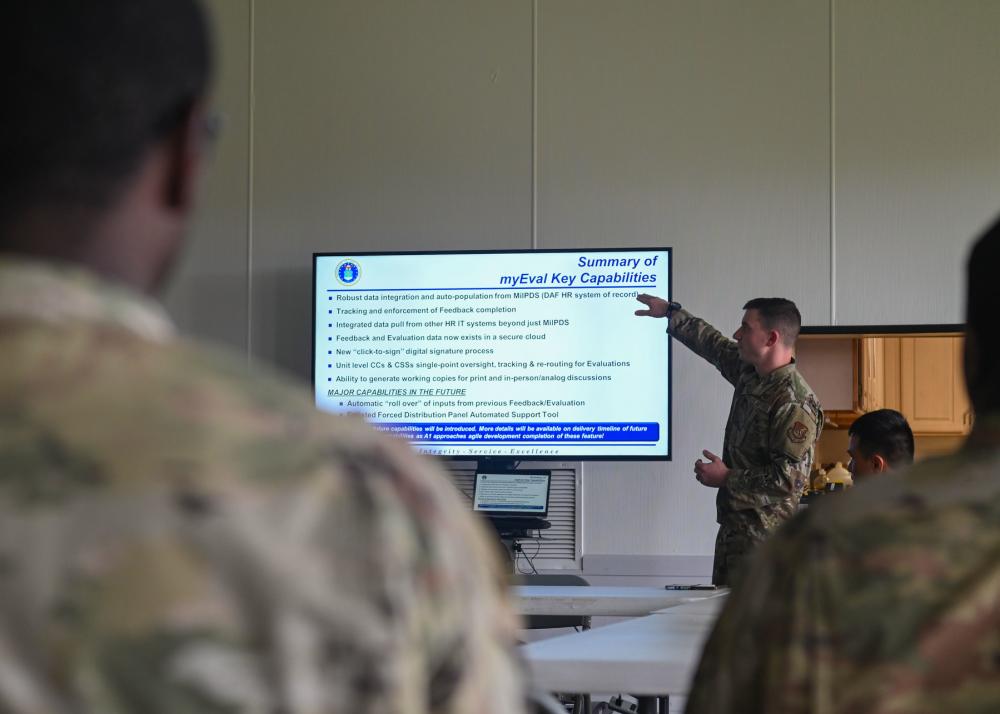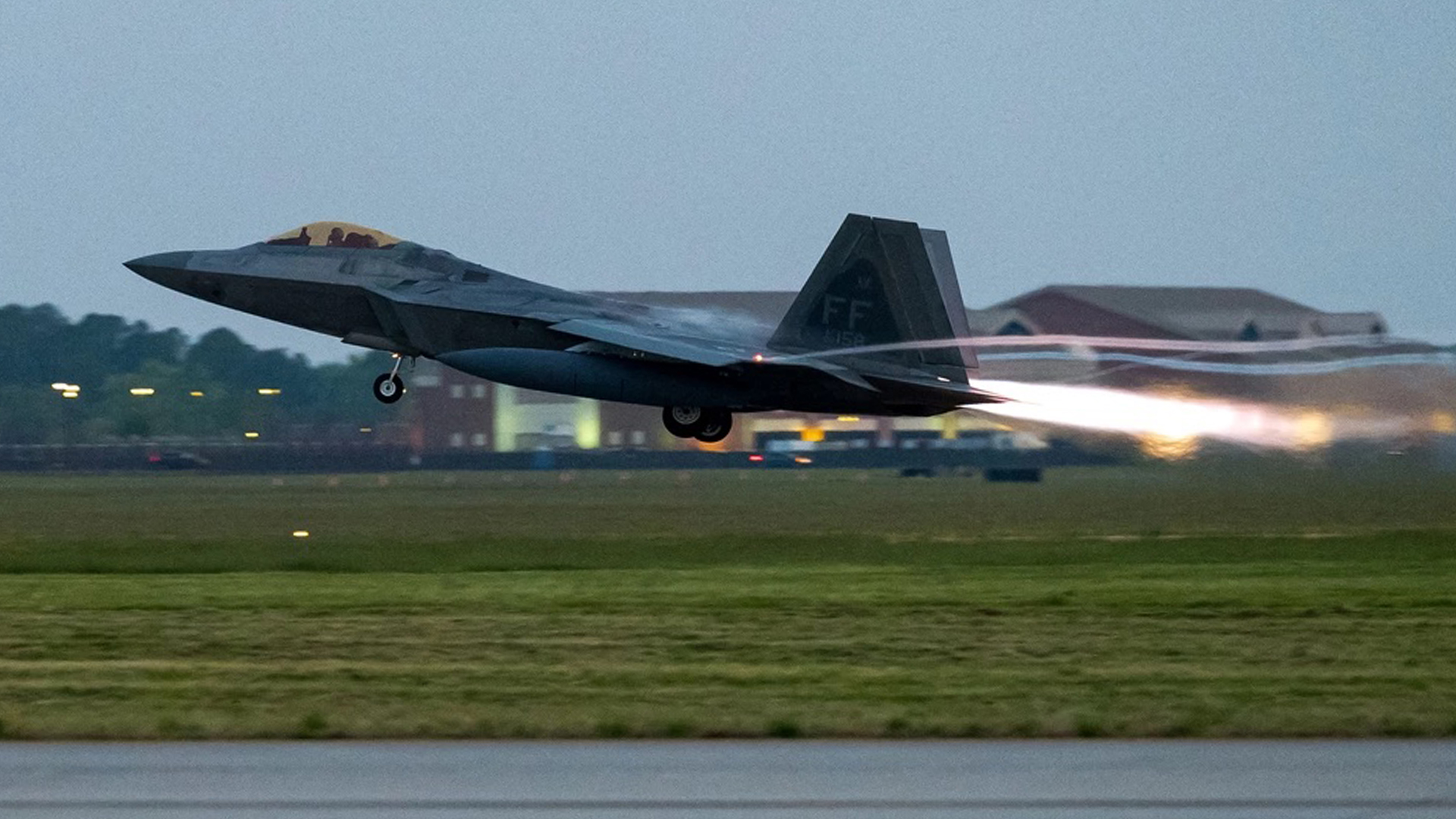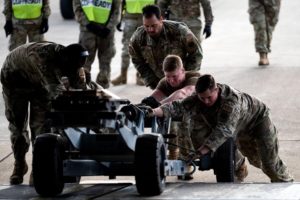The House Armed Services Committee’s top Democrat endorsed a new Pentagon legislative proposal designed to work around Congressional gridlock and field new technologies faster.
Spearheaded by Air Force Secretary Frank Kendall, the DOD is seeking a “rapid response” authority that would allow initial work to begin on critical new technologies to meet “urgent” needs.
“I’m hugely supportive of it,” Rep. Adam Smith (D-Wash.) said at a discussion at the Council on Foreign Relations on May 16. But Smith warned many of his colleagues had less favorable views of the idea.
The legislative proposal is called “Rapid Response to Emergent Technology Advancement or Threats.” The Pentagon wants up to $300 million per year in development funds that could be used “in response to urgent operational need”—creating a discretionary pool of money and the Congressional authority to get started on vital projects.
Kendall, who formerly served as Pentagon’s top acquisition official, has noted that Congress is reluctant to give up any authority when it comes to what the DOD can buy, but he argues the proposal is limited in scope. With Smith’s support, the proposal does have some influential supporters on the Hill. Smith said he has pitched the idea to his colleagues, but members of the powerful Appropriations Committee remain wary.
“I understand where the appropriators are coming from,” Smith said. The HASC’s ranking member said he discussed the issue at a recent dinner with some of his fellow representatives, who argued “‘We can’t give DOD that much money without exercising aggressive oversight,'” according to Smith.
“I get that, but I just disagree, because innovation is so crucial right now,” Smith said.
Smith said he agrees with the Pentagon’s view that the current process costs at least a year in wasted time as promising new systems go through the arduous budgeting and authorization cycle—which is almost certain to be delayed this year due to congressional gridlock.
With Congress unlikely to pass a 2024 budget by the start of the new fiscal year in October, the government will probably have to operate on a continuing resolution, known as a CR, which doesn’t allow the Pentagon to start new programs. Frustrated not only by the normal budgeting cycle, Kendall said CRs are an unnecessary “gift” to America’s adversaries that the Pentagon’s rapid response idea would help counter.
“This is a limited authority,” Kendall said in April when he first pitched the proposal. “It would allow us to go through the preliminary design review phase.”
Smith agreed it is a cheap process that would save valuable time.
“If you’re out there, and you got an innovative idea on a drone or counter drone or missile or any number of different things, you got a decent shot of getting [Research, Development, Test, and Evaluation] funded,” Smith said. “We’re not good is buying it once we decide that it works, and that’s a challenge. That’s something that’s really, really limiting our ability to take advantage of innovative technologies,” such as artificial intelligence or hypersonic weapons.
Smith outlined a disheartening outlook for some companies whose products the Pentagon wants but is not allowed to acquire.
“You do all this work, you spend all this money to develop it, you go to the Pentagon, the Pentagon says ‘I love that, I want to buy that,’ and we’ll get back to you in like two years on whether or not we can do it,” Smith said of the current process.
The Pentagon has taken steps to more rapidly develop key technologies, such as standing up the Defense Innovation Unit, which recently gained elevated status with its new director, former Apple executive Doug Beck, reporting directly to the Secretary of Defense. Even with organizations like the DIU, the Pentagon’s current culture and authority to field new systems is still antiquated, some former officials say.
“It’s mechanized to go to war the way that we did in past decades, but it’s surely not mechanized for innovation,” Will Roper, the Air Force’s former top acquisition official, said at the Ash Carter Exchange defense conference May 9.
Nevertheless, Congress remains skeptical of Kendall’s plan.
“I have not been able to convince a single solitary appropriator because they are very reluctant,” Smith said. “I think we need to work on that discussion because it’s really hampering our ability to innovate in DOD.”












